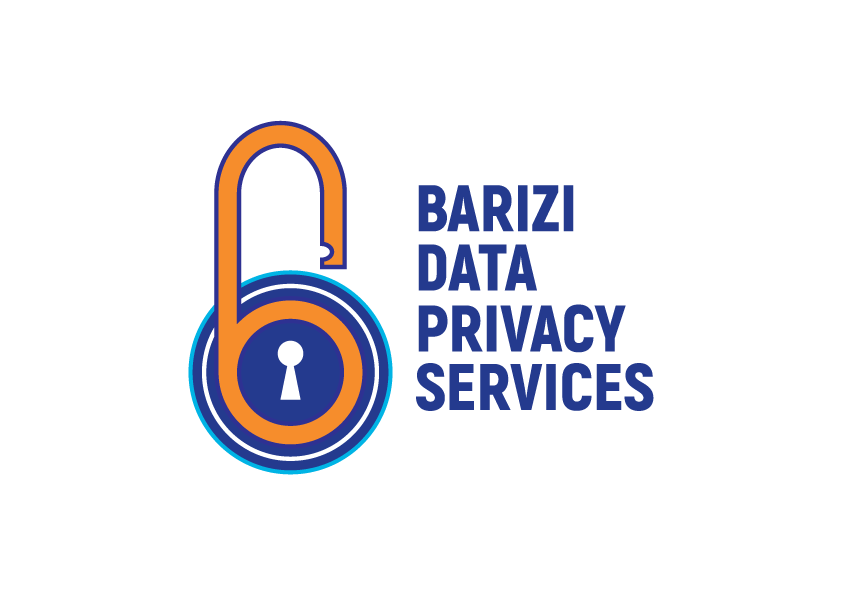Managing Third-Party Vendors: The Significance of Data Processing Agreements.
Introduction
The modern business landscape heavily relies on third-party vendors for various services, including data processing. As organizations entrust their data to external entities, it becomes vital to establish a robust system for governing the handling of such data. Data Processing Agreements (DPA’s) play a crucial role in defining the obligations, responsibilities, and minimum requirements that must be met by vendors to ensure data protection and compliance. In this article, we will delve into the significance of DPA’s and outline the minimum requirements that organizations should consider while drafting these agreements.
Understanding Data Processing Agreements:
Data Processing Agreements (DPA’s) are legal contracts between data controllers and data processors (third-party vendors), outlining the terms and conditions for processing personal data. DPA’s help establish a clear understanding of data protection obligations, responsibilities, and liability between the parties involved and ensure compliance with data protection regulations, such as the Data Protection Act 2019 Section 42 and Regulation 24 & 25 of the Data Protection (General) Regulations 2021.
What are the Minimum Requirements in Data Processing Agreements?
1. Purpose and Scope of Processing:
A DPA should clearly outline the purpose of data processing and specify the scope of activities the data processor is permitted to do. This includes explicit instructions on the type of data to be processed, the duration of processing, and any restrictions imposed on the processor. Restrictions could include limitations on cross-border transfer of data or sub-processing.
2. Data Security and Confidentiality:
The DPA should mandate the data processor to take appropriate technical and organizational measures to ensure the security and confidentiality of the data. This may include measures such as encryption, access controls, regular security audits, and staff training on data protection best practices.
3. Sub–processing and Data Transfers:
If the data processor intends to engage subcontractors or transfer data to locations outside Kenya, the DPA should require the processor to seek prior written consent from the controller. The agreement should clearly state the obligations of the processor in ensuring that subcontractors or recipients of data adhere to the same level of data protection as specified in the DPA. Additionally, the processor must be subjected to compliance with the cross-border data transfer requirements outlined under the Data Protection Act 2019.
4. Data Subject Rights:
The DPA should specify the data processor’s obligations to assist the controller in responding to data subject rights requests, such as access, rectification, erasure, and data portability. It should detail the procedure for handling such requests and the timelines within which the processor needs to respond. In stipulating this requirement, the controller and processor must ensure that they are guided by the timelines under the Data Protection law as any delays could negatively impact the controller.
5. Data Breach Notification:
The DPA should outline the procedure for reporting and handling data breaches, ensuring timely notification to the controller. It should define the timelines for reporting incidents, the required level of detail in breach notifications, and the cooperation expected from the processor in investigating and mitigating breaches. As a proactive approach, before finalizing the contractual relationship, ensure that the processor shares their breach handling and notification procedure for review by the controller to asses its adequacy. Another point to remember is that data protection laws have strict notification timelines and they must be adhered to, otherwise penalties will accrue.
6. Audit and Compliance:
The DPA should grant the controller the right to conduct audits or inspections to ensure that the data processor is in compliance with the terms of the agreement and applicable data protection laws. This provision should include the frequency, methodology, and notification procedures for such audits. The scope of the audit and the personnel to be involved has to be sufficiently discussed and agreed upon by the parties before execution of the agreement.
CONCLUSION
Data Processing Agreements play a pivotal role in managing third-party vendors and ensuring the protection and security of sensitive data. By clearly defining the rights, obligations, and minimum requirements in these agreements, organizations can establish a transparent framework for data processing and maintain compliance with data protection regulations. The key to successful vendor management lies in thorough scrutiny of these agreements and continuous monitoring of the vendor’s adherence to the specified requirements
Let us help you with your Vendor Due Diligence


